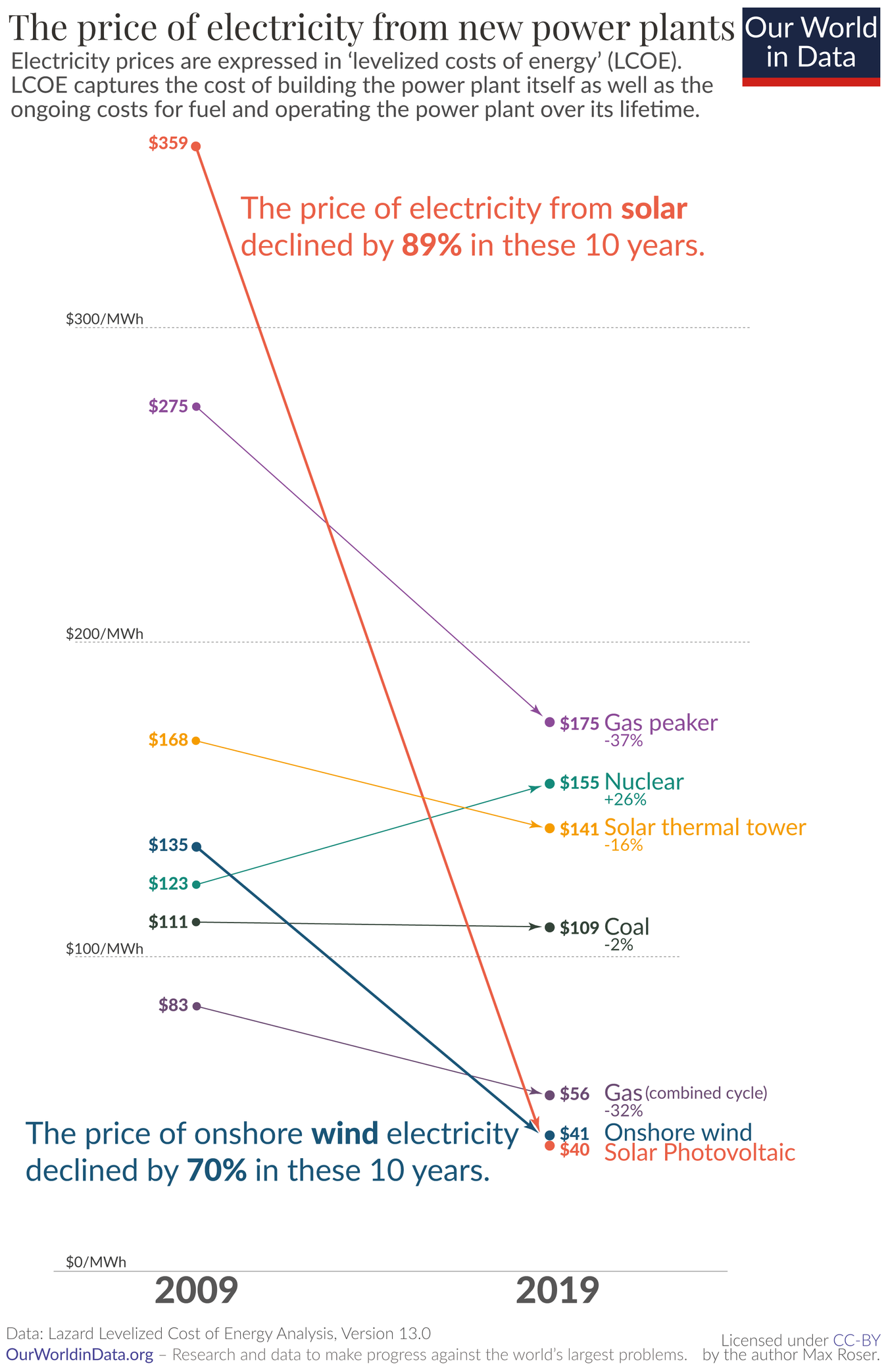Technology
This is the official technology community of Lemmy.ml for all news related to creation and use of technology, and to facilitate civil, meaningful discussion around it.
Ask in DM before posting product reviews or ads. All such posts otherwise are subject to removal.
Rules:
1: All Lemmy rules apply
2: Do not post low effort posts
3: NEVER post naziped*gore stuff
4: Always post article URLs or their archived version URLs as sources, NOT screenshots. Help the blind users.
5: personal rants of Big Tech CEOs like Elon Musk are unwelcome (does not include posts about their companies affecting wide range of people)
6: no advertisement posts unless verified as legitimate and non-exploitative/non-consumerist
7: crypto related posts, unless essential, are disallowed
view the rest of the comments

More profitable for fossil fuel companies, sure. And they will lobby to stay in business.
But no one needs fossil fuel companies. If you can sell 1 MWh power, that's a fixed amount of income. If you have less costs to cover (what the graphic shows), then that's more profit for you.
I'm speaking from an American perspective, but what you're describing is part of the problem. Power companies are legally not allowed to make a profit from selling electricity here. They make a profit from the government giving them money to expand their services (this model was developed following world war 2 to encourage post war growth).
Again, under America's current model, solar is not profitable, especially not for large corporations.
Hmm, interesting. Here in Germany, power companies are partially privatized and I always thought, whomever came up with that nonsense took inspiration from the turbo-capitalism in the USA. Apparently not.
Do they need to be profitable, though, in your model? It mostly sounds like a traditional public service, where the government could just tell them to use the money for solar...
The power companies here are privately owned, and America has a lot of laws dealing with what the government can and can not tell private companies what to do. Most of the laws deal with what the government cannot do. Basically, the company sells electricity at cost, then sends the government a letter that's like, "Hey, we need $$$ for repairs, upgrades, and stock holders. Here's all the upgrades we want." And the government is like "Sure, this is America, gotta turn a profit," and gives the utility companies whatever they ask for. Then the utility companies just give all the money to the stock holders, perform the bare minimum repairs to operate, and just lie to the government about what they did with the money. There is an especially egregious case in South Carolina where a utility claimed for years that they were going to build a nuclear plant to help meet energy demands in the area. Well after an audit, turns out the owner just pocketed all that money. That guy was punished, but see how bad it has to get before anything happens?
This video does a much better job at explaining it than I ever could. It's long, but they explain how utilities make a profit in the first 15 mins. https://youtu.be/2n_au5Hje_E?si=S9e8o7QQpFjueZta